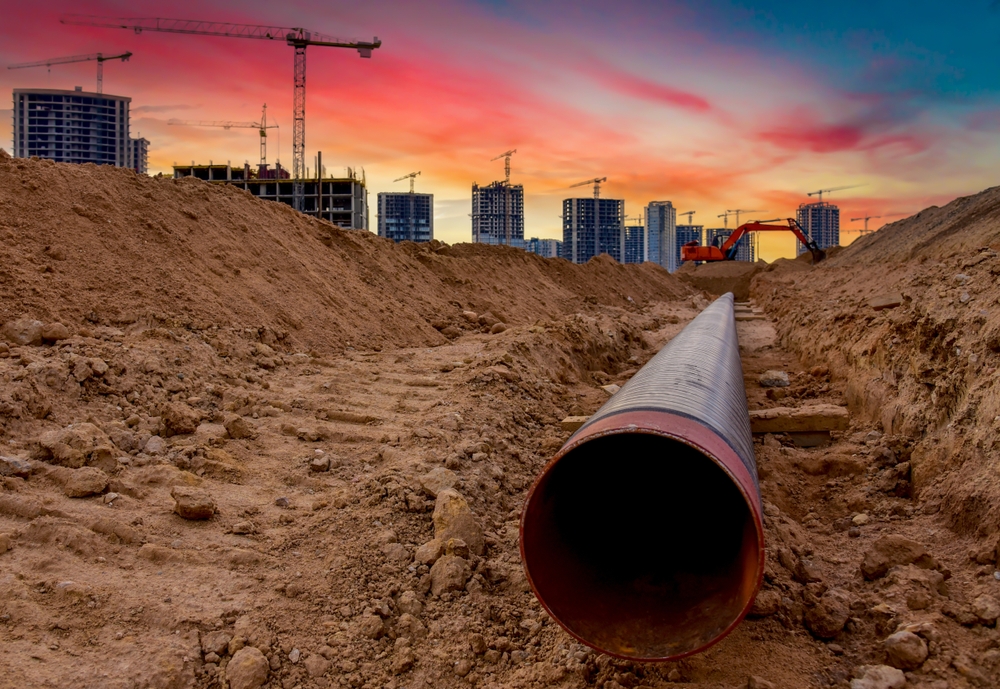

When it comes to the world of stormwater management and stormwater pollution prevention plans (SWPPPs), the specifics of a local ecosystem are always important to consider for any site. If you're looking to ensure proper, compliant stormwater management for any site around the great state of Idaho, what should you be thinking about in regards to the state's ecosystems and related elements?
At Silver Leaf SWPPP, we're proud to provide a huge range of stormwater management and SWPPP services to clients around Idaho, including SWPPP setups, SWPPP inspections and various best management practices (BMPs) for your site. Here are some basic tips on protecting Idaho's ecosystem while maintaining stormwater management requirements on any construction site - two tasks that often overlap and benefit one another.
One area where Idaho is no different than any other state from the SWPPP perspective: The value of preparing your site and developing a plan long before any dirt starts moving. This may include submitting required documentation to the appropriate agencies, such as the Idaho Department of Environmental Quality (IDEQ), prior to commencing work.
In addition to what's required on paper, here are some tips for improving stormwater quality planning and preparation:
Once it's time to begin construction, the SWPPP must be implemented and maintained according to its specifications. This includes regularly inspecting the site for any potential issues and addressing them immediately. It's crucial to keep detailed documentation of all inspection reports, maintenance activities, and any changes made to the plan.
In addition to regular inspections and maintenance, it's important to communicate with local regulatory agencies throughout the project. They may conduct their own inspections and require specific documentation or reports.
One key element of protecting Idaho's ecosystem is proper drainage management. This includes ensuring that stormwater runoff does not contain pollutants and is directed away from sensitive areas such as wetlands and bodies of water.
To address drainage concerns, a drainage plan should be developed in conjunction with the overall site plan. This may involve creating retention ponds or other structures to collect and filter stormwater before it reaches natural systems.
Proper erosion control measures should also be implemented to prevent sediment from washing into nearby streams or rivers. This can include installing silt fences, using erosion control blankets, and planting vegetation in vulnerable areas.
Construction projects generate a significant amount of waste materials, which can have negative impacts on the environment if not managed properly. Therefore, it is important for construction companies to have a waste management plan in place.
This includes identifying and segregating different types of waste, such as hazardous materials, recyclable materials, and general waste. Proper disposal methods should also be outlined in the plan, including recycling options and proper disposal at designated facilities.
Additionally, implementing measures to reduce waste generation can also help minimize negative impacts on the environment. This can include using sustainable building materials and practices, reusing or repurposing materials whenever possible, and encouraging employees to adopt environmentally-friendly habits on the job site.
Many of the specific regulations in place for SWPPP compliance are also designed to protect the environment and reduce potential harm to surrounding communities. For example, maintaining proper erosion control measures not only prevents pollution from entering waterways, but also protects nearby habitats and wildlife.
Similarly, properly handling hazardous materials can prevent harmful substances from contaminating the soil or groundwater. This is not only important for meeting compliance standards, but also for preserving the natural environment.
In this way, complying with SWPPP regulations goes hand in hand with protecting the environment and promoting sustainability. By following these guidelines and implementing best practices, construction companies can play a critical role in minimizing their impact on the planet and contributing to long-term environmental health.
At Silver Leaf SWPPP, we're proud to offer the best stormwater management and SWPPP services around Idaho, helping clients at any construction site protect the state's valuable ecosystem while remaining in full compliance with all local and federal regulations. Contact us today to schedule services!